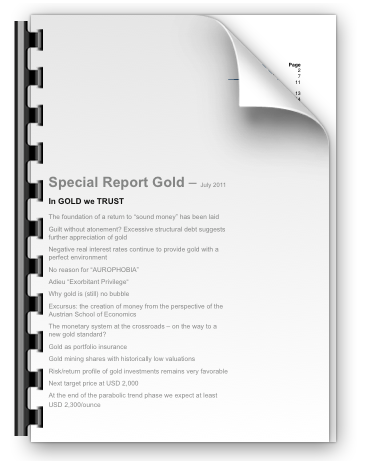Following the ideas of Keynes and Friedman, most mainstream economists associate economic growth with increases in the demand for goods and services.
Both Keynes and Friedman felt that The Great Depression of the 1930’s was due to an insufficiency of aggregate demand and thus the way to fix the problem is to boost aggregate demand.
For Keynes, this was achieved by having the federal government borrow more money and spend it when the private sector would not. Friedman advocated that the Federal Reserve pump more money to revive demand.
We hold that there is never such a thing as insufficient demand as such. We suggest that an individual’s demand is constrained by his ability to produce goods. The more goods that an individual can produce the more goods he can demand i.e. acquire.
Note that the production of one individual enables him to pay for the production of the other individual. (The more goods an individual produces the more of other goods he can secure for himself. An individual’s demand therefore is constrained by his production of goods).
Note again demand cannot stand by itself and be independent – it is limited by production. Hence, what drives the economy is not demand as such but the production of goods and services.
In this sense, producers and not consumers are the engine of economic growth. Obviously, if he wants to succeed then a producer must produce goods and services in line with what other producers require.
According to James Mill,
When goods are carried to market what is wanted is somebody to buy. But to buy, one must have the wherewithal to pay. It is obviously therefore the collective means of payment which exist in the whole nation constitute the entire market of the nation. But wherein consist the collective means of payment of the whole nation? Do they not consist in its annual produce, in the annual revenue of the general mass of inhabitants? But if a nation’s power of purchasing is exactly measured by its annual produce, as it undoubtedly is; the more you increase the annual produce, the more by that very act you extend the national market, the power of purchasing and the actual purchases of the nation…. Thus it appears that the demand of a nation is always equal to the produce of a nation. This indeed must be so; for what is the demand of a nation? The demand of a nation is exactly its power of purchasing. But what is its power of purchasing? The extent undoubtedly of its annual produce. The extent of its demand therefore and the extent of its supply are always exactly commensurate.[1]
If a population of five individuals produces ten potatoes and five tomatoes – this is all that they can demand and consume.
No government and central bank tricks can make it possible to increase their effective demand. The only way to raise the ability to consume more is to raise the ability to produce more.
The dependence of demand on the production of goods cannot be removed by means of monetary pumping and government spending.
On the contrary, loose fiscal and monetary policies will only impoverish real wealth generators and weaken their ability to produce goods and services – it will weaken the effective demand.
Therefore, what is then required to revive the economy is not boosting aggregate demand but sealing off all the loopholes for the creation of money out of “thin air” and curbing government spending.
This will enable true wealth generators to revive the economy by allowing them to move ahead with the business of wealth generation.
We can conclude that by strengthening the economy’s ability to produce goods and services we in fact strengthening the so-called aggregate demand and promoting real economic growth.
[1] James Mill, “On the Overproduction and Underconsumption Fallacies”. Edited by George Reisman, a publication of the Jefferson School of philosophy, Economics and Psychology – 2000.



